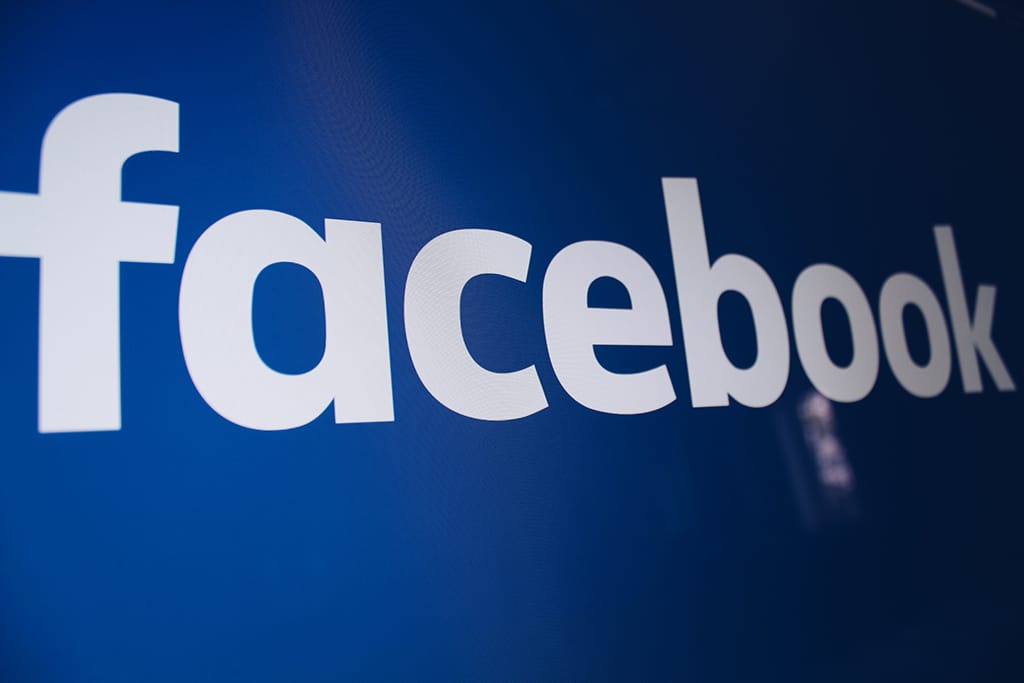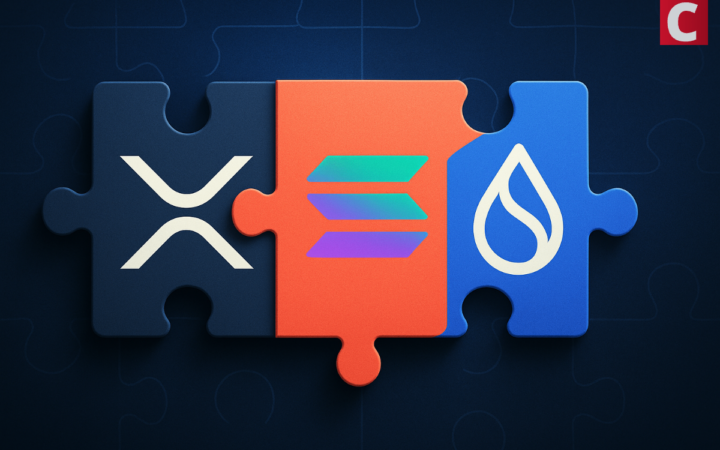
Darya is a crypto enthusiast who strongly believes in the future of blockchain. Being a hospitality professional, she is interested in finding the ways blockchain can change different industries and bring our life to a different level.
Facebook has formed a blockchain technology research group which considers the idea of developing a decentralized cryptocurrency for the social media platform. Is there a place for the new crypto economy in 2019?

At the beginning of 2018, Facebook, the leading company in the world of social networks, had quite mixed relationships with blockchain. When the year started, the giant followed Google in banning all advertisements relating to crypto, blockchain and initial coin offerings (ICOs).
However, things seem to have changed. In April, the company formed its blockchain unit and partnered with the former president of PayPal David Marcus, who became the head of the blockchain team.
Currently, Facebook is actively looking for fresh talents to welcome to growing blockchain team. The company seeks for a data scientist, a data engineer, a couple of software engineers and a product marketing lead to manage the project.
As Cheddar reported, nearly 40 employees are already working in Facebook’s secretive blockchain group, among them are figures who have worked on Google Pay and Samsung Pay. Kevin Weil, the former Instagram product chief, and James Everingham, the head of engineering at Instagram, have also joined Facebook’s DLT-focused research group. Geoff Teehan, who used to work on Facebook’s News Feed, has been appointed the director of product design for Blockchain at Facebook.
Currently, the work of the blockchain team is kept in secret. Some are speculating that Facebook could be seeking to put pertinent segments of its social media platform on blockchain technology. A spokesperson for the company commented:
“Like many other companies, Facebook is exploring ways to leverage the power of blockchain technology. This new small team is exploring many different applications. We don’t have anything further to share.”
Cheddar’s Alex Heath believes that the company has intentions to launch a decentralized digital currency that would enable its 2 billion users around the world to make electronic payments without the need for a traditional bank:
“They’ve been very quiet about what they’ve been working on, very stealthy, but it’s definitely going to be a kind of blockchain-based cryptocurrency payments product. They’ve already got policy people in D.C. to ramp this up.”
“They’re actively, actively recruiting. They’re also trying to scoop up crypto start-ups that are at the white-paper level, which means they don’t really even have a product yet,” he further added.
also talked Facebook Blockchain with @lisahopeking / @thebradsmith on @cheddar yesterday — top takeaways are that FB's brand is a problem for recruiting in the space and it's going to likely do meaningful M&A to achieve its goals pic.twitter.com/nVoiqnZ9HG
— Alex Heath (@alexeheath) December 14, 2018
According to Heath, the crypto ecosystem of Facebook is still in its infancy.
“The talent in this industry is so finite, and there are so many big players wanting these talented cryptographers and academics. So Facebook is going really hard at them. And they’re having difficulty.”
Recently, Facebook has had a lot of trouble because its numerous recent data-privacy scandals that have eroded the public’s trust in the corporate juggernaut. Both users and employers are expressing concern over how their private data will be distributed.
According to Heath, the problem has led to an increased interest in blockchain:
“So the idea of Facebook creating a cryptocurrency and a digital economy within its ecosystem is either incredibly exciting — if you talk to some people — or one of the scariest things in the world if you talk to others. It’s very polarizing, but they are actively building this up. I think we can expect to see Facebook buy some companies up in the crypto space in the next year.”
Speaking on the matter of a cryptocurrency or digital asset backed by Facebook, Drew Hinkes of New York University said:
“They have a massive installed user base… They probably are looking at China and seeing how popular mobile commerce has been there and wondering why we can’t do that.”
Yes, the plans of Facebook are obviously very ambitious.

Darya is a crypto enthusiast who strongly believes in the future of blockchain. Being a hospitality professional, she is interested in finding the ways blockchain can change different industries and bring our life to a different level.




